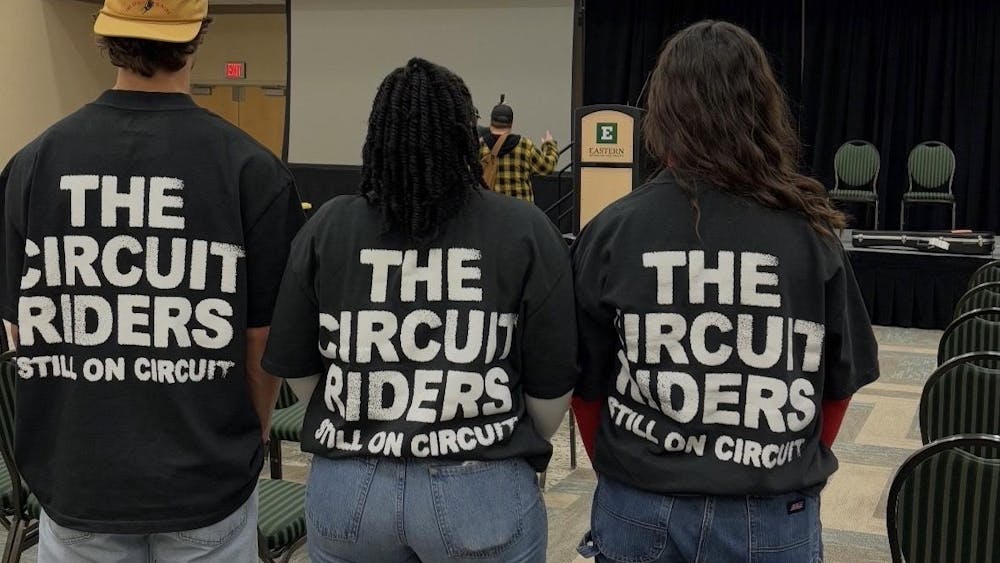After the financial crisis, if it was not clear that we live in a worldwide economy, it is clear now. Stories about auto plant closures have been replaced by hysteria over Greece’s debt burden and our own fiscal crises. Local unemployment rates have been put in the context of data from the International Monetary Fund. The whole affair can make local politics seem trivial. And even mayors with considerable celebrity like Michael Bloomberg of New York, Julian Castro of San Antonio and Mitch Landrieu of New Orleans can seem powerless.
So what is the extent of mayoral power and influence over local and metropolitan economies?
In order to lessen the effects of the Great Recession, one of President Barack Obama’s first acts was to sign the American Recovery and Reinvestment Act into law – an attempt at fiscal stimulus. Ben Bernanke, chairman of the Federal Reserve, conversely cut the interest rate and used an abracadabra of monetary policy to ease credit.
Both actions flooded the national economy with money, an almost supernatural power that mayors and local officials certainly do not have.
Localities can neither run deficits nor issue their own currency to expand credit. Property tax collections have fallen with real estate values and have left cities without the resources to fund their needs.
All of this can make the powers and purview of a mayor, even one of an enormous city like Chicago (population 2.7 million) appear small, if not diminutive.
So what can cities do?
Bruce Katz, one of the authors of “The Metropolitan Revolution” makes the point within his text and online videos that cities will soon become the centers of the world – if they are not already.
“From an early age we’re taught how our nation is supposed to work,” said Katz in a video on the Brooking Institution’s website. “The president, vice president and members of Congress sit at the top. Governors and legislators run their states. The rest of us take our cues from them.”
“While states and the federal government may be part of the Constitution,” continued Katz, “our population and economic power is actually concentrated in our metropolitan areas. It’s time to rethink power in America.”
Over the summer I interned at Canton Township’s economic development office. While I surely did not come out of the experience an expert, I was able to see how local entities attract and deal with businesses. Local leaders control the municipal code, which when juxtaposed with the U.S. tax code is, at first inspection, banal. Municipal codes can’t enable a company to receive millions in tax subsidies, but they can slow down, alter and completely halt development.
Mayors, city council members and even town activists can be movers and shakers. Because even after enormous companies have received entreaties from the governor and tax credits from the president and Congress, they have to tap into a sewer easement, meet the fire code standards and properly fill out their certificate of occupancy.
The New York Times recently detailed Mayor Thomas Menino’s effort to spur commercial development in the city of Boston. Menino, over the course of his 20 years in office, had overseen more than 80 million square feet of development. He also had, per the details in the article, the power to put a stop to development deals he didn’t like.
Sen. Cory Booker, a New Jersey Democrat recently elected to Congress’s upper chamber, was formerly the mayor of Newark. While his record on crime reduction and education reform is circumspect, the celebrity that the mayor crafted for himself did lead to further investment in an otherwise downtrodden city. Mark Zuckerberg, the founder of Facebook, famously donated $100 million to Newark for the public school system in 2010.
Like international relations – for all the expertise that is needed – business relations mostly requires people skills, people skills that most politicians have mastered. Mayors have considerable ability to make deals and attract new business. It is the soft power that they and other local officials have.
The hard power is whether to support a new development contract, to approve the access to a municipal utility, or to champion the formulation of infrastructure improvements that will attract more residents, more business owners, and more dynamism.
Mayors have power, and there is a metropolitan revolution.
The problem, however, is for cities that are small, indistinct, or both. Those cities are not a part of a broader metropolitan community. What is their power?
What is the power of a city like Ypsilanti, which has a population of 19,621 as of the most recent census, and doesn’t have a mayor who has over a million Twitter followers or a billion dollars?
The Master Plan developed by the city this year has measures, which if enacted, will help. But how much this will help in the face of worldwide, and certainly statewide, trends is uncertain.
Apparently, the city seems not to have learned from the loss of auto plants, fixtures that for all their appearances of permanency are easily hollowed. Tax breaks have been offered to companies that can leave as easily as they came.
The city of Ypsilanti can either try to make itself part of a broader system, a unit in a metropolitan economy that does not seem to have been constructed yet, or rather lacks coherency. Or it can settle for being a college town whose residents do not truly have economic mobility and whose temporary residents – students – fly away after every four years.








